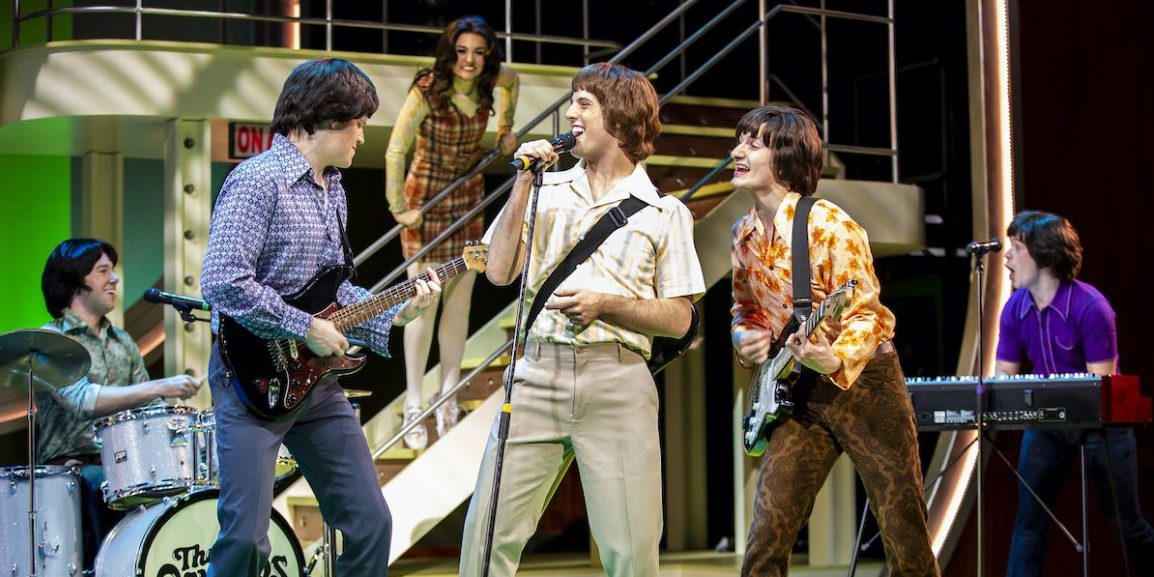Like C.S. Lewis in a different context, I was “surprised by joy”. Back in the 1970s I was clinging on to the counter-cultural pretensions of the hippy era and was still listening to Pink Floyd and the Grateful Dead. I had no interest in what seemed to be the cheesy, cutesy pop of family acts like the Jacksons and the Osmonds. So I was in for a culture shock when I took my seat in a packed house at the splendid Edwardian New Wimbledon Theatre. From start to finish the music was great, and so was the movement. The Osmonds were the prototypical boy band, combining close harmony singing with elaborate dance routines. The actors who played Alan, Merrill, Jay, Wayne, and Donny Osmond were all superbly good at both, and the same goes for their sister, Marie, not forgetting Little Jimmy Osmond, who had a hit at the age of 9 with Long-Haired Lover from Liverpool.
As in other spheres such as tennis, the Osmonds benefited from having a stern disciplinarian for a father, who coached them from early childhood in singing together and plucked them from their Hicksville home in the Midwest to the showbiz capital of the USA, Los Angeles. There he touted the four older boys (Donny joined later) as a novelty act and got them a one-night slot on the Andy Williams Show. This immensely popular variety show was also broadcast over here in the 1960s (in black-and-white, of course). The young boys formed a barber shop quartet, and so captivated American viewers that they were given a permanent slot on the show. Last night the young Osmonds were played by real children, and they performed brilliantly. They nearly upstaged the adults, a risk about which W.C. Fields warned.
The story spans the entire career of the Osmonds, including the solo successes of Donny and Marie, and the success of the brother and sister as a duo. The success of the family in the 1970s was stupendous. Their records outsold the Beatles. But rock stars do not make good entrepreneurs, and they ended up losing all their money through a hubristic expansion scheme that was woefully mismanaged. But they have never lost the love and affection of the generation that bought the records which propelled them to the top of the charts. One of the characters in the musical is a fan in Manchester who starts sending fan mail to Jay as a 15-year-old schoolgirl. Many of the women in the audience must have been doing the same thing. Rarely have I seen a performance embraced with such enthusiasm. They were singing along to those hits of yesteryear, and swaying to the familiar rhythms.
The actors and musicians gave unstintingly their best. The show crackled with energy, and the audience showed their appreciation with the most enthusiastic standing ovation I have ever seen at Wimbledon. The standing ovation has become a much-overused feature of the London theatre, often marking the end of a show that was not really outstanding at all. But on this occasion, it was richly deserved.

